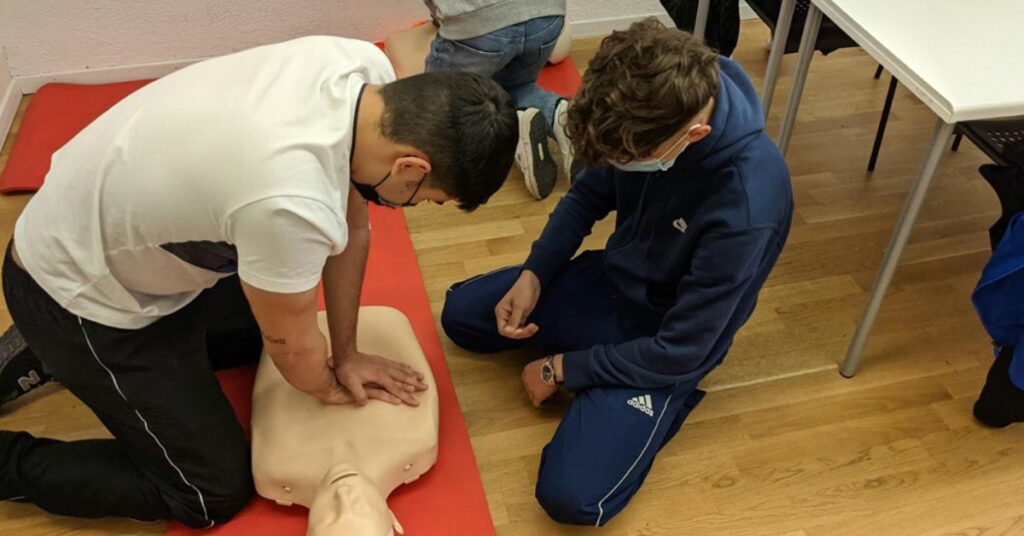Cardiopulmonary resuscitation (CPR) certification is a critical qualification for many healthcare professionals, lifeguards, and caring citizens who wish to be prepared for emergencies. The skills learned through CPR training can save lives, making it imperative to not only acquire certification but also keep it current. With guidelines and techniques evolving as new medical research becomes available, renewing one’s CPR certification becomes a key responsibility. In this article, we will explore the reasons for renewal, the process, the timing, and how to prepare effectively.
Understanding the Importance of CPR Certification Renewal
Renewing your CPR certification isn’t just a requirement—it ensures you stay updated on the latest life-saving techniques. Guidelines change as medical research advances, so what you learned a few years ago may no longer be the best approach. Many employers and regulatory bodies also require current certification to meet safety standards and ensure emergency preparedness.
Letting your certification lapse can leave you legally vulnerable, while staying certified offers protection under Good Samaritan laws. Taking an online CPR renewal course is a convenient way to refresh your skills, boost confidence, and ensure you can respond effectively in an emergency.
The Process of CPR Certification Renewal
Renewal of your CPR certification is a straightforward yet thorough process that involves an assessment to ensure you still possess the knowledge and physical ability to perform CPR according to the latest guidelines. Many organizations offer in-person sessions, which are beneficial for those who prefer structured learning with immediate feedback. Busy schedules can make attending in-person sessions difficult.
Online CPR renewal courses have become popular, allowing individuals to study at their own pace and often culminating in an online assessment to certify their renewed competency. After completing the renewal process, a new certification card or e-certificate is issued, serving as official documentation of your updated qualification.
Recognizing When Your CPR Certification Expires
CPR certifications are valid for two years from the completion of the initial or renewal course. It’s essential to be aware of the expiration date to avoid lapse in qualified status. This allows for timely scheduling of renewal courses and avoiding rushed experiences. Setting a reminder 1-2 months before the expiration can help.
If certification lapses, it can lead to professional limitations, potential disciplinary action, and even retaking the initial course. Being mindful of the certification timeline demonstrates professionalism and dedication to your role as a certified responder, especially in professions where life-saving skills can be crucial.
Preparing for Your CPR Recertification Course
Preparing for a CPR recertification course is crucial, as it involves reviewing current guidelines from organizations like the American Heart Association. Physical exercises, such as chest compressions and rescue breaths, can reinforce muscle memory. Hands-on practice sessions can also be beneficial.
Refreshing knowledge of CPR science and the physiology of the body is essential, as it helps understand the significance of each action. Reviewing course material from previous certifications, such as exams or quizzes, can also be beneficial in preparing for the renewal process. This helps in enhancing your readiness for recertification.
Tips for Staying Current with CPR Techniques and Guidelines
Staying updated with CPR techniques and guidelines is a continuous effort that extends beyond the recertification course. Healthcare professionals, in particular, should regularly review key literature and updates in CPR protocols to stay abreast of best practices. Creating a professional network that includes other certified individuals can provide a platform for discussion and exchange of information about the latest in CPR techniques. Participation in forums, conferences, and workshops is a proactive way to stay informed and connected.
Many organizations that provide CPR certification also offer additional resources and updates to past students. Signing up for newsletters or following such organizations on social media could provide steady updates on advancements in CPR practice. A commitment to personal practice of the skills learned can help maintain proficiency. Continued engagement with CPR knowledge and practical skills ensures that if the need arises, you will be well-equipped to provide high-quality, life-saving interventions.
Altogether, keeping your CPR certification current is an investment in your ability to save lives and provide critical assistance when it matters most. By understanding the importance of renewal, recognizing when to recertify, preparing adequately, and staying informed on the latest techniques, your readiness to act in an emergency will never wane.







